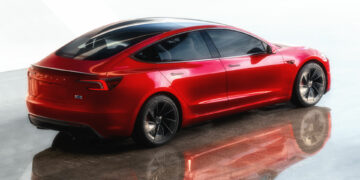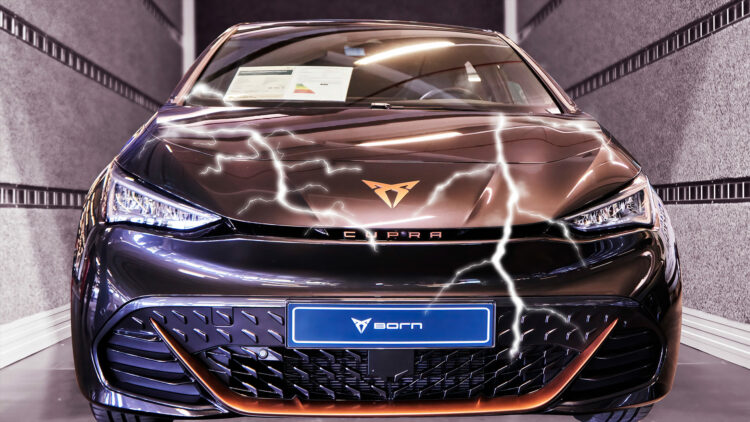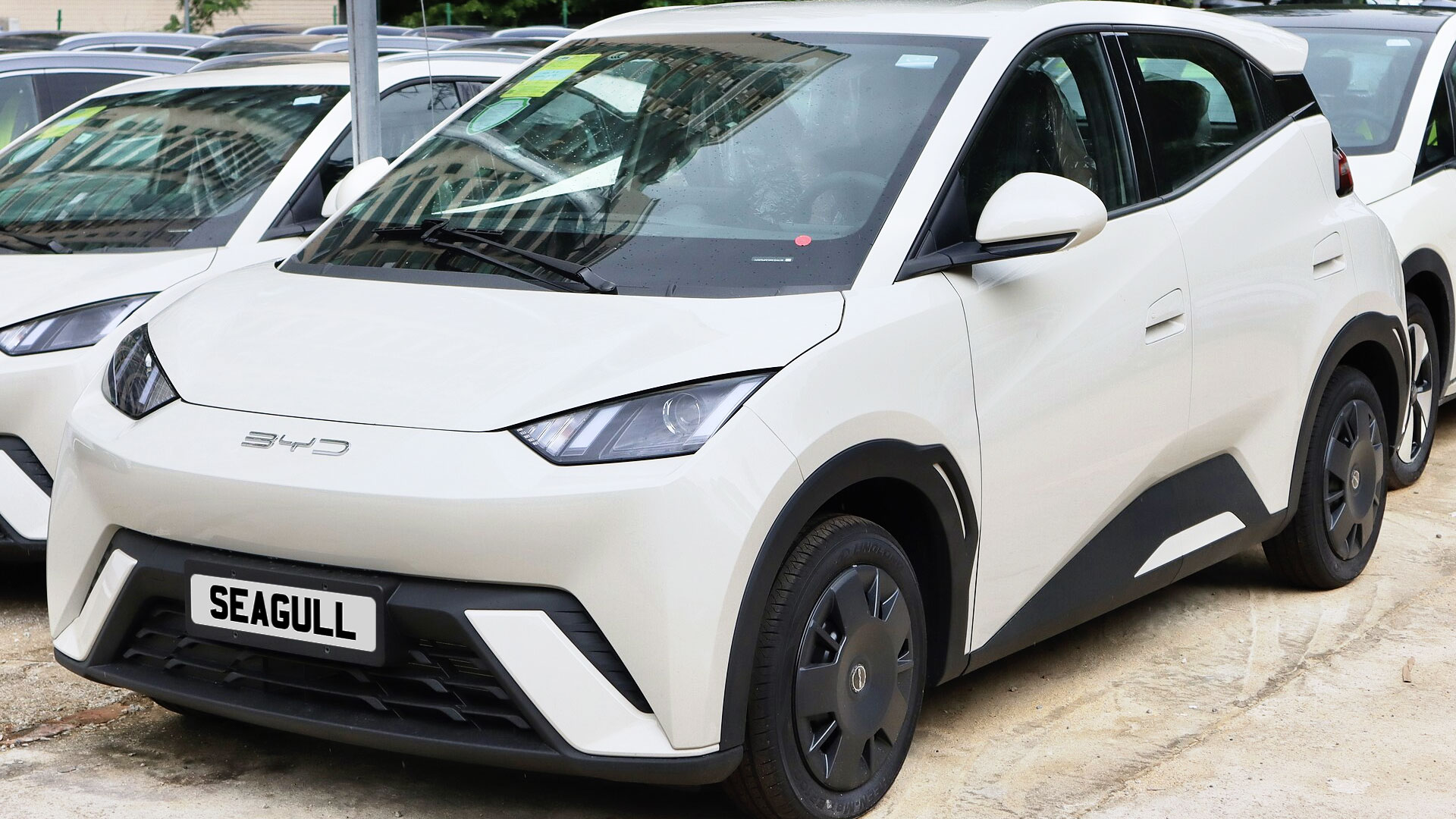For over two years, WhichEV has been reporting that the average price of an advertised electric vehicle tends to be around double the average selling price of the top 10 most popular petrol/diesel cars sold over the same period. The whole idea of averages is that you need as many product sales below that figure as you have above it, in order to create the balance. With major manufacturers still not willing to release their low-cost EVs to the market, they have had to resort to the only other sales trick available in the book – zero cost finance. Seeing the Cupra Born join the list of EVs that now have this kind of offer attached, made us want to dig a little deeper into exactly what's happening with EV pricing.
Over the summer, as car sales volume finally returned to pre-lockdown levels, the average price of the most popular vehicles was just over £26,000. At the same time, EV advertising was pushing an average offer price of closer to £47,000. With baseline rates still over 5%, you might expect car loans to carry a premium and be closer to 10%.
Mercedes was among the first to realised that the initial appetite for high end EVs had generally been satisfied and that Government’s policies aimed at reduce inflation were dramatically reducing the among of spending money that people had for non-essential purchases. After adding 0% offers to many of its luxury products, it now appears to be ‘topping up’ some of those offers by reducing prices by up to £10,000. Even Tesla has been aggressive on pricing.
For perspective, folks who purchases a new Tesla Model 3 when it was revamped toward the end of 2020, were able to get almost as much as they paid for it last Autumn. Late summer 2022, some folks were paying a premium to get into any electric vehicle – the American term ‘above sticker price’ entered the vocabulary.
Today’s reality is that car makers are pushing hard to get deals through and to clear their channels. So what relief can those manufacturers look forward to?
Firstly, there’s an election coming in the relatively near future. Prime Minister Rishi Sunak has managed the unthinkable and actually managed to poll lower than Liz Truss. That’s some achievement given that her two month premiership cost the country something like £30-60 billion. In order to have any chance of re-election, it’s likely that the Government will have to implement some pretty aggressive policies in order to placate the electorate.
Secondly, US banks received a huge amount of help in the form of loans around March 2023. The idea being to create stability in the market and to give them time to reorganise their operations. For that reason, interest won’t start to be due until the end of Q1 2024. Why is that interesting? Well, the UK’s interest rate follows the rate in the US. High interest rates are OK when the rate is for regular folks who want to borrow, but banks always want to minimise their outgoings and they have the power to change the rates that everyone pays.
We can’t be certain, but there’s a strong likelihood that US banks will bring strong pressure to bear in order to reduce how much they need to pay on the money they have borrowed – which would likely lead to a drop in base rates for US and, subsequently, UK consumers. So money will be cheaper, mortgages will reduce and folks will have more available income in 2024/5.
Even with these two factors working in the car industry’s favour, it still seems unlikely that it will be enough to push drivers across to more purchases of expensive cars.
That leaves the launch of low cost models. These have been aggressively avoided by almost all car companies – with a few exceptions like the Citroen Ami – but many more will follow in the near future. Combined, all of the factors we have covered are likely to have a significant impact on the second hand EV market.
We’re hoping to see a glut of new cars over the next 12-18 months, that have much more sensible price tags attached to them in the showroom. Unsurprisingly, the ‘knight in (scuffed) shining armour’ in this battle for value, is likely to be Elon Musk. If he manages to produce a $25,000 EV, in volume, then we can expect all of the other car companies to come to their senses – with true EV accessibility following shortly thereafter.
For now, if you are in the market for an EV from any of the following companies, then we have seen 0% finance deals available and some will also have zero-deposit or deposit-paid options:-
- Polestar
- Fiat
- Hyundai
- Peugeot
- Mercedes
- Cupra
Ora, Citroen, Nissan and Vauxhall were all showing lease deals for less than £250 a month (inc vat) at the time when we pressed ‘publish’.



















Discussion about this post